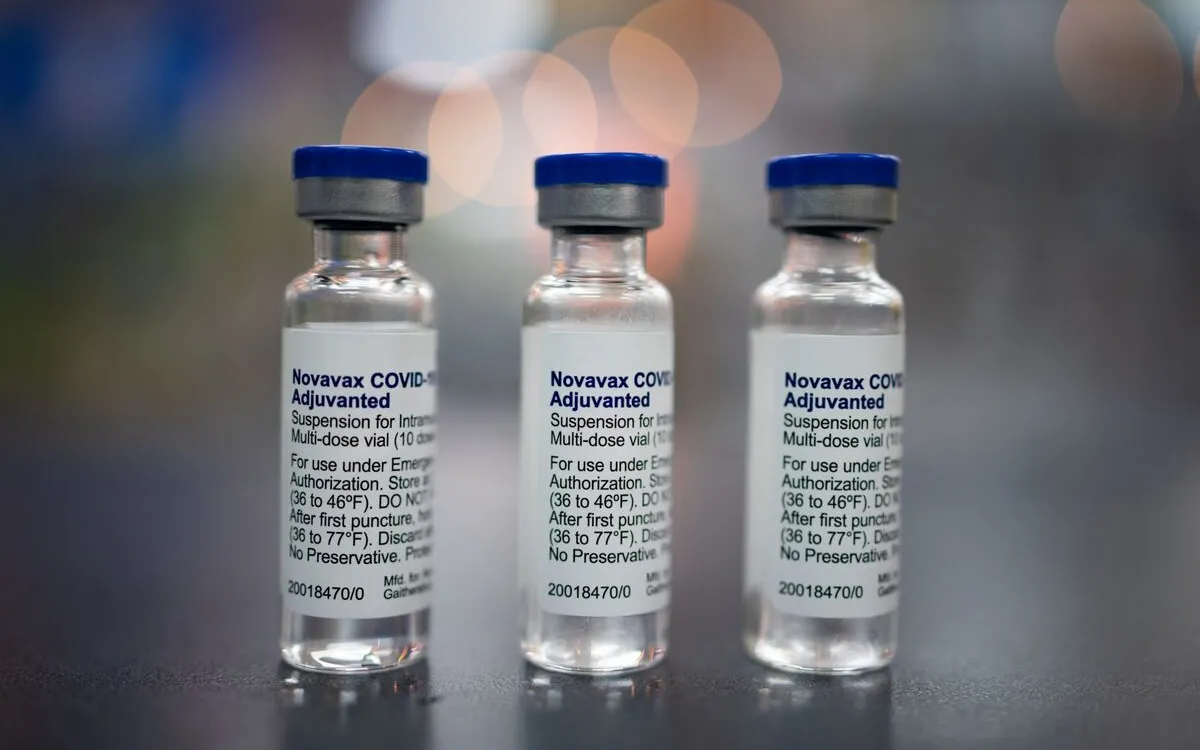
The Food and Drug Administration (FDA) has finally granted approval for Novavax’s COVID-19 vaccine, marking a significant milestone in the ongoing fight against the coronavirus pandemic. This approval comes with unusual restrictions that have raised questions among health experts and the public alike.
Novavax's vaccine is notable for being the nation’s only traditional protein-based coronavirus vaccine. This method differs from the mRNA vaccines developed by Pfizer-BioNTech and Moderna, which use messenger RNA to prompt the immune system to respond to the virus. Novavax’s approach utilizes a more conventional vaccine technology that has been used for decades in other vaccines.
Prior to this approval, Novavax’s vaccine held emergency authorization from the FDA for use in individuals aged 12 and older. The transition from emergency authorization to full approval signifies a greater level of confidence in the vaccine’s safety and efficacy, although the FDA's restrictions have sparked a dialogue about the implications for public health.
While the full approval is a positive development, the specific restrictions imposed by the FDA are still being analyzed. These limitations may affect how the vaccine is distributed and administered, creating potential hurdles for healthcare providers and patients. The implications of these restrictions are yet to be fully understood, but they highlight the cautious approach the FDA is taking in response to the evolving landscape of COVID-19.
The approval of Novavax’s vaccine is expected to provide an alternative for those who prefer not to receive mRNA vaccines. As the pandemic continues to evolve, having a variety of vaccines available is crucial for addressing diverse public health needs. The Novavax vaccine could play a pivotal role in increasing vaccination rates, especially among populations who have been hesitant about other vaccine types.
As we look forward to the future of COVID-19 vaccination efforts, the approval of the Novavax vaccine represents a step forward in expanding options for individuals and communities. However, understanding the specific restrictions and their implications will be essential for maximizing the impact of this new vaccine on public health.